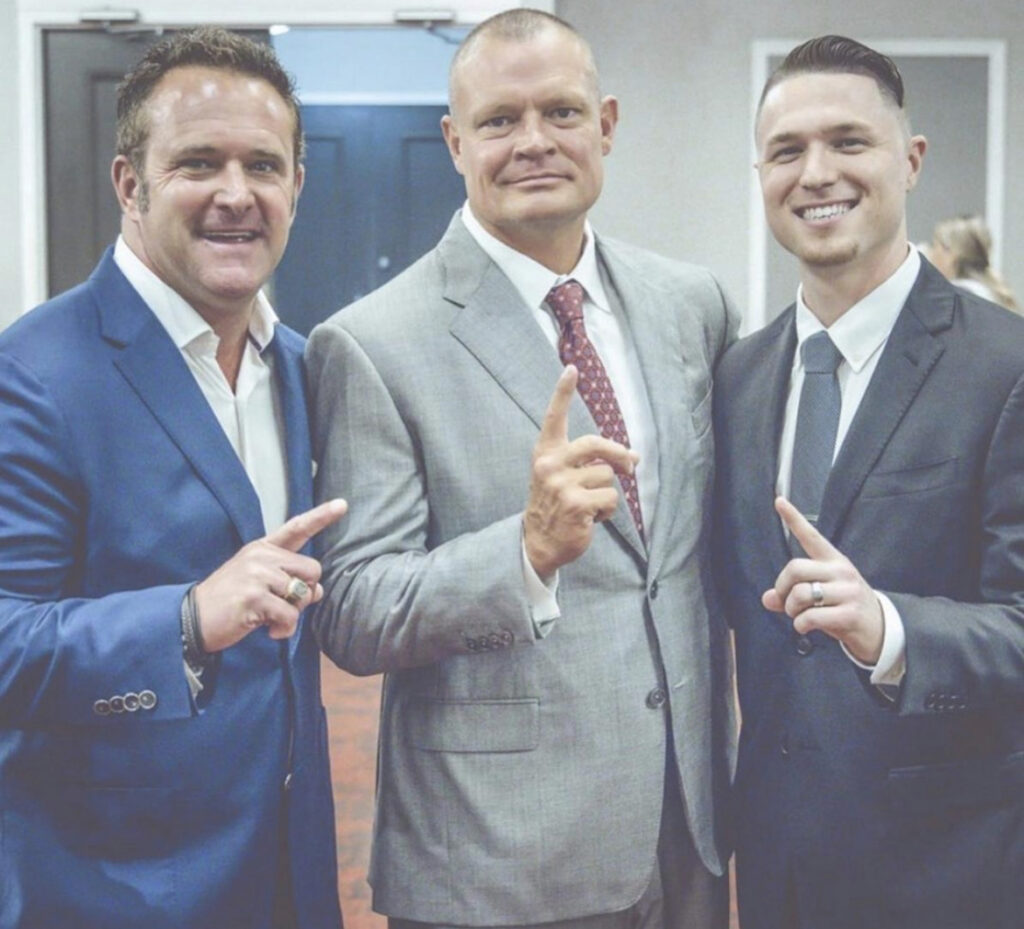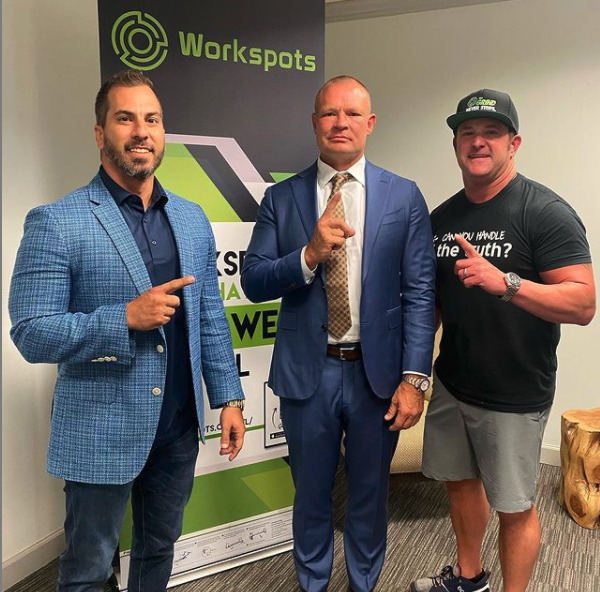
Nearly every work environment requires its employees to utilize their social skills, whether it be interacting with coworkers, clients, or customers. As such, social skills play a major role in a person’s success at work, with individuals possessing natural people skills more likely to receive promotions or raises. However, these social skills are especially needed in customer-facing roles such as customer service representatives. Shawn Meaike, Family First Life Founder and CEO, credits his company’s success to his incredible employees and their strong customer relations. As someone who knows first-hand the importance of customer service skills, Shawn Meaike hopes to review the subject today and offer readers a variety of ways to improve these skills.
Practice Active Listening
Communication is, first and foremost, a two-way street. No one likes being preached to, especially not customers. When working in a customer service role, the best thing an employee can do is learn to improve their active listening skills. Customers know better than anyone what they are looking for and will often directly or indirectly tell an employee during their interaction. Some tips for showing customers you are actively listening and engaged are:
– Do face customers directly and offer eye contact
– Do ask questions
– Do summarize what they said to show you understand
– DON’T judge or jump to conclusions that are incorrect
– DON’T interrupt customer
– DON’T start planning what you are going to say next and miss valuable communication
Remain Approachable
One of the best things a customer service rep can do to improve their people skills is to work on their approachability. But what does it mean to be approached? Being approachable simply means that others view you as friendly and easy to talk to. Individuals can improve their approachability through both body language and verbal communication.
Body Language – Perhaps even more important than even verbal communication is body language. Body language is often what a person will use when creating the first impression of someone, even before speaking. For this reason, customer service representatives must use open body language and smile genuinely to give off a more approachable impression.
Verbal Communication – One of the best ways to create barriers in communication is to come off as too serious. By using self-deprecating humor and speaking in an informal and friendly manner, customer service representatives can show customers that they are equals in the interaction, allowing the customer to feel more at ease.
Commit to Constant Improvement by Asking for Feedback
It can be hard to continue to improve social skills while working in a customer-facing role. Customers will often hide their true feelings regarding a sales experience to remain polite. However, when employees ask for feedback, they will significantly benefit from the information customers feel comfortable sharing. Asking for feedback shows the customer that their opinion matters deeply to the business and its employees and that they can expect a personalized business experience moving forward.















